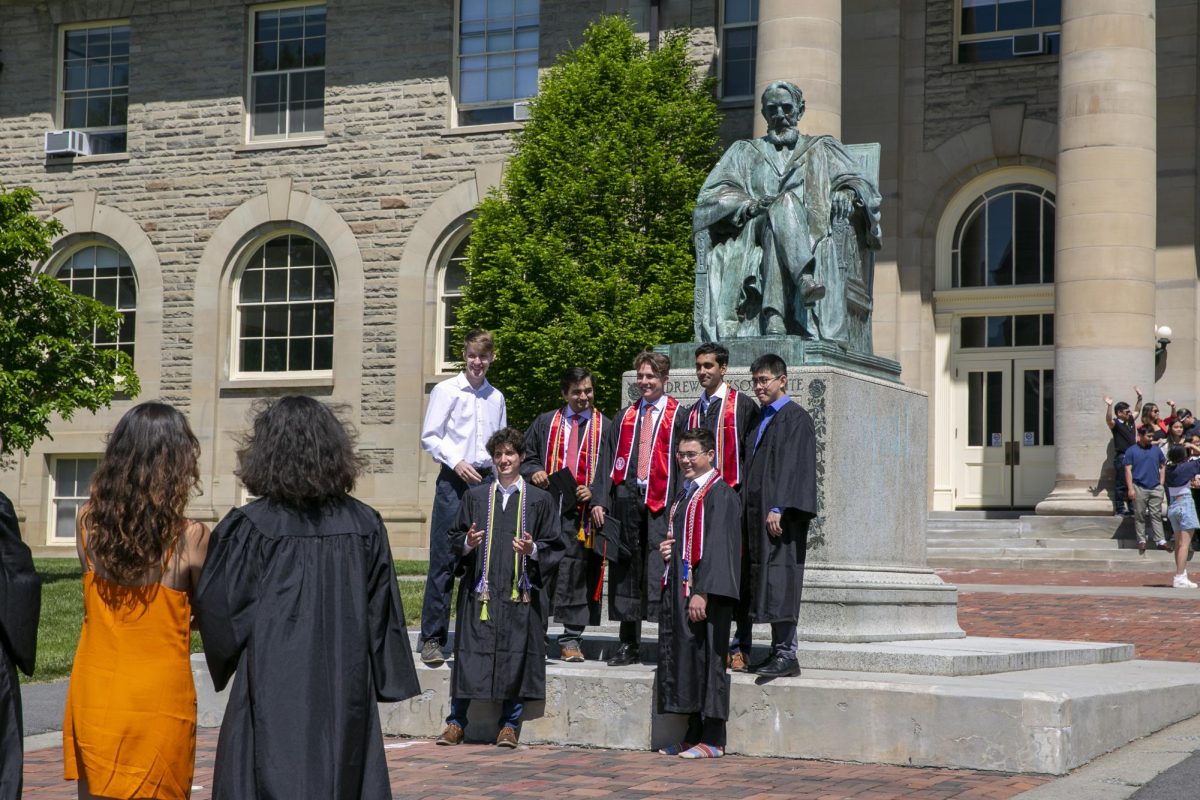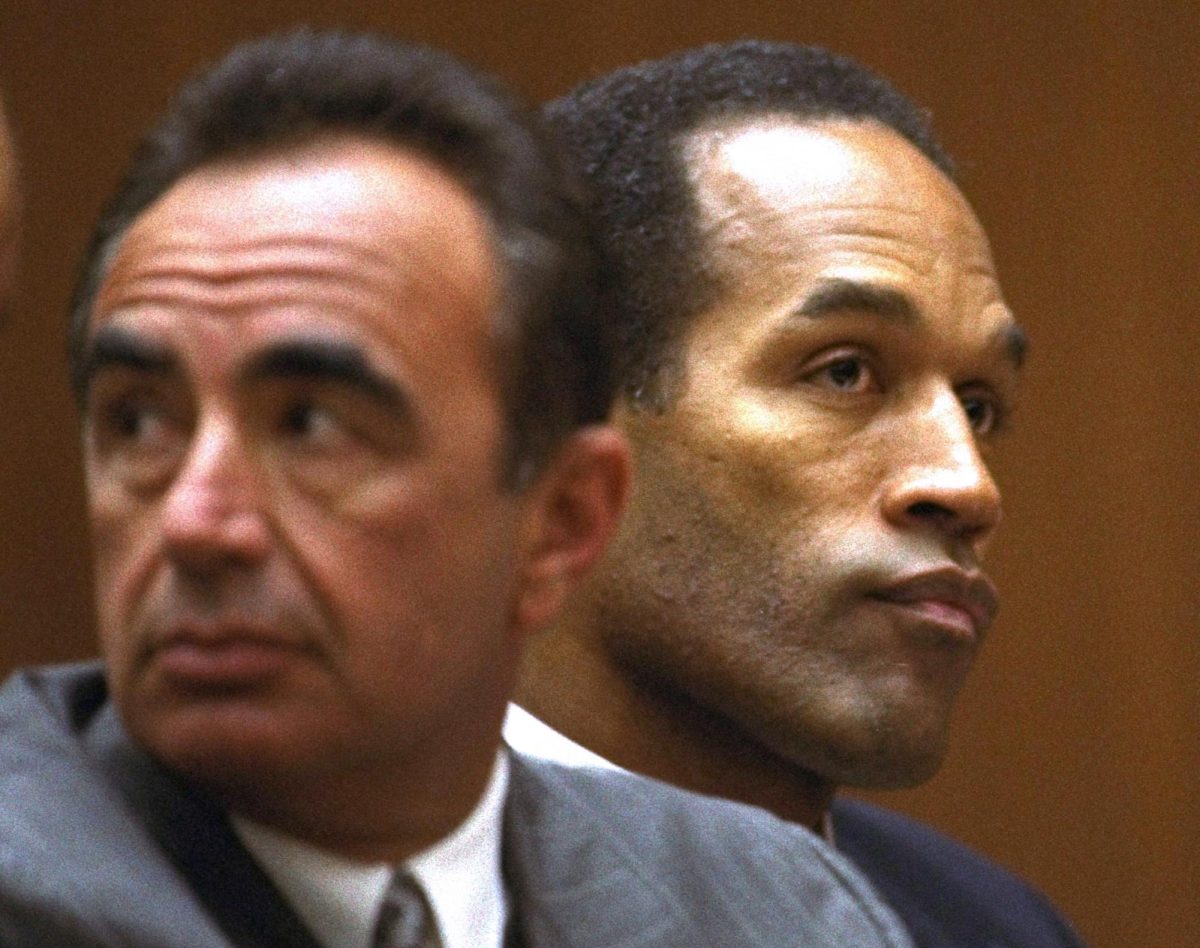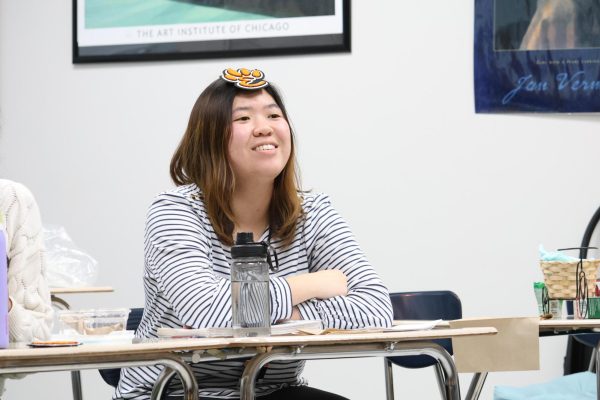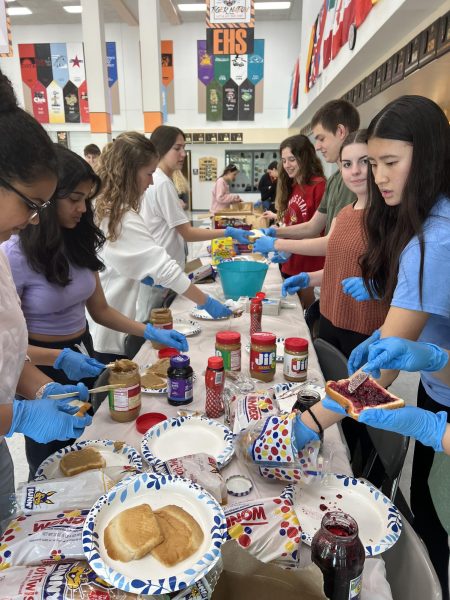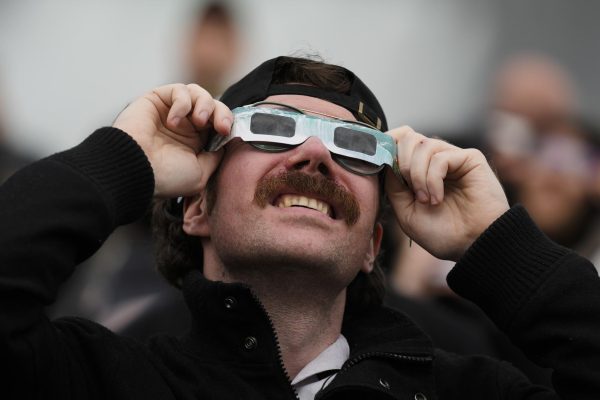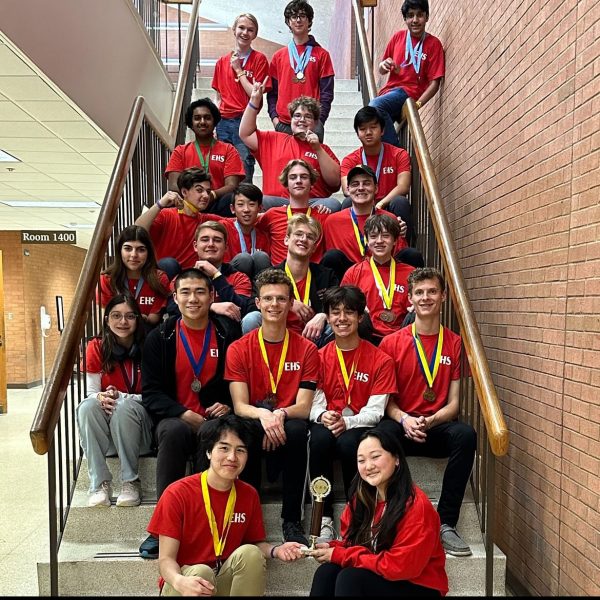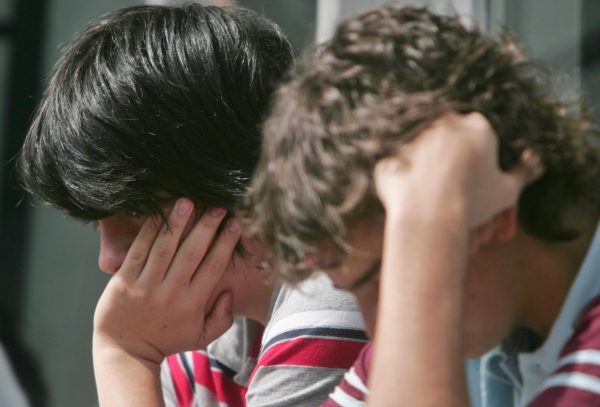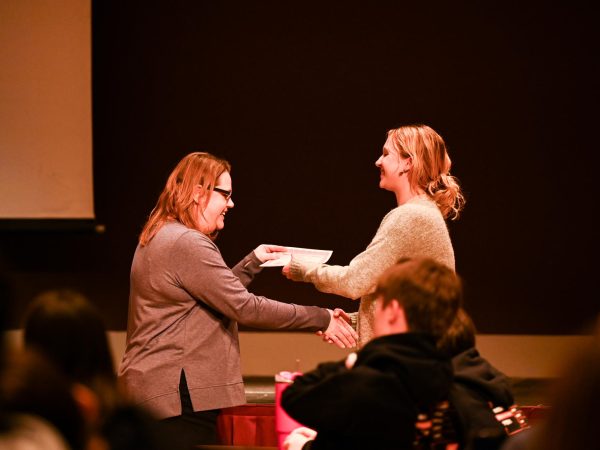Looking for a Simpler Life: Pursuit of Philosophy
January 19, 2017
America is well known for its consumerism, but EHS has an unhealthily dependent relationship on the titans of production. No one cares about the iPhone 7, social media or wardrobe hauls as much as the typical Edwardsville teen.
To help realign their constant consumption, teens might benefit from watching the No. 1 indie documentary of 2016: “Minimalism: A Documentary About the Important Things.”
The film tells the story of Joshua Fields Millburn and Ryan Nicodemus—two friends who achieved six-figure salaries by age 20, but later realized they weren’t happy. Consequently, they sold almost everything they owned and became minimalists.
“Maybe we looked successful—displaying our status symbols (large suburban homes, luxury cars and new gadgets) like trophies on a shelf—but we weren’t truly successful because, even with all our stuff, we weren’t satisfied with our lives. We weren’t happy,” Millburn and Nicodemus said. “The endless pursuit of more stuff only brought us more debt, anxiety, fear, stress, loneliness… and depression.”
Now Millburn and Nicodemus own fewer than 100 possessions each, have written three books on minimalism and reached over four million readers.
While the idea continues to attract supporters, Millburn and Nicodemus attribute their success to the simplistic draw of minimalism.
“(This idea is) a tool that can assist you in finding freedom,” they said.
The minimalist mindset encourages living with the necessities and only purchasing items that achieve joy.
“(This) lifestyle helps people question what things add value to their lives. By clearing the clutter from life’s path, we can all make room for the most important aspects of life: health, relationships, passion, growth and contribution,” Millburn and Nicodemus wrote on their blog.
But many consider this philosophy another way to embrace the lack of responsibility common with millennials; journalist Kyle Chayka from the New York Times called it “Silicon Valley’s version of Zen monkhood.”
“Minimalism presents a cure-all for a certain sense of capitalist overindulgence,” Chayka said. “There’s an arrogance to today’s minimalism.”
Those like Chayka believe people become minimalists to compensate for their past indulgent sins, but the majority believes otherwise.
“Everything I owned wasn’t making me happy, and worse, it was distracting me from the very thing that did bring me happiness,” Joshua Becker, a minimalist and father of two in Arizona, said.
Many minimalists believe similarly: material items don’t bring the joy advertisements promise, so those items are tossed or donated to a Goodwill store. As people released their possessions and focused on experiences more, they felt better.
“There are three main reasons why doing something brings about more pleasure than owning something: experiences become part of our identity; they promote social connections with others; and they don’t trigger the kind of jealousy or envy we often get when thinking about someone’s material things,” Cornell University psychology professor Thomas Gilovich told Time.
A minimalist can see the value in owning only what they consider to be important. But the challenge, as with any philosophy, is to put theory into practice.
Millburn and Nicodemus created a 21-day “Journey into Minimalism” that outlines practical beginnings to becoming a minimalist. This journey challenges people to pair down their stuff, get rid of their TV’s and question what they own.
But throwing out everything you own is easier said than done. Millburn and Nicodemus recommend changing your life by creating a “Must List”: a record of everything you must have in your life and how you will ensure you get those things every day.
“Our ‘Must List’ is our vision of how we want to live our lives, and we chose to use minimalism as a tool to turn this vision into a reality,” Millburn and Nicodemus said.
Next, Millburn and Nicodemus call for a dramatic action: pack everything you own as though you’re moving to a new house. Over the next week, unpack things as you realize you need them. Millburn and Nicodemus say you’ll notice the majority of your stuff still packed in boxes.
After just two challenges, Millburn and Nicodemus said your life should begin to look different. Your priorities should start to be realigned. You should stop feeling the need for the iPhone 7, disregard the constant notifications you receive from countless social media accounts and no longer feel jealousy when you see wardrobe haul videos on Youtube.
“One of the main reasons we decided (to become minimalists) was to reclaim our time,” Millburn and Nicodemus said. “We wanted our lives back, and to do so we had to get our time back… Use your time for yourself. Create, don’t consume. Be mindful.
For more information on pursuing minimalism, visit http://www.theminimalists.com/21days



